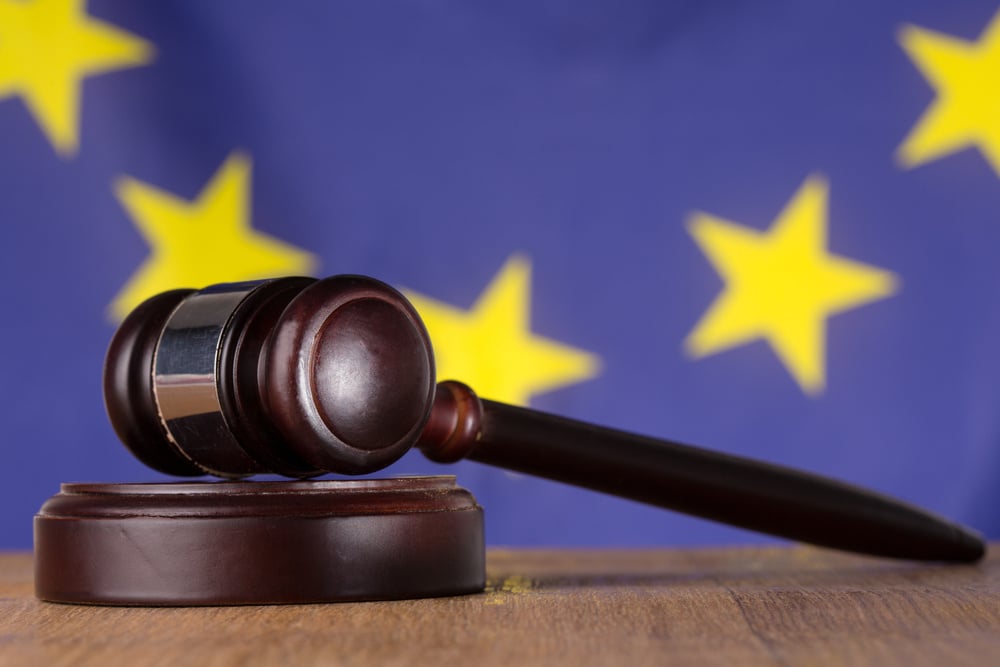Amsterdam, November 6, 2025
Institutional Investors File Nearly €1 Billion Claim Against Philips
Topics: shareholders, shareholder protection, dutch, corporate governance, institutional investor, legal, Securities Litigation, investor loss recovery, shareholder lawsuit, Philips
The enactment of the German Capital Markets Model Case Act (Kapitalanleger-Musterverfahrensgesetz – KapMuG) in 2005 was intended to make it easier for shareholders and investors to bring claims based on false, misleading, or omitted public information by publicly traded companies. In the nearly twenty years since its inception, only a handful of cases in Germany have concluded for the benefit of investors, mainly the historic Deutsche Telekom and Hypo Real Estate settlements in which DRRT player a major role. The Court’s open interpretation of the requirements to prove standing has increased the complexity and time horizon of cases. However, recent developments allow investors to gain confidence in the German system.
Topics: institutional investor, germany, legal, hypo real estate
DRRT Continues to Expand Its Global Reach With Action Against Abengoa
DRRT continues its forward momentum by adding Spain to the extensive list of countries in which it operates via involvement in the ongoing criminal proceedings against Abengoa seeking recovery for losses arising out of the company’s accounting fraud and manipulation.
As a result of Abengoa’s blatant accounting manipulation, in January 2017 the Spanish firm IUS + AEQUITAS, a member of the Diaz, Reus & Targ (DRT) International Law Firm & Alliance, filed a criminal complaint on behalf of hundreds of affected investors seeking losses against Abengoa and others including its former president, CEO,and auditor Deloitte. DRRT is working directly with IUS + AEQUITAS to add affected investors to the criminal proceeding during the current investigation phase on a risk-free, “no win, no fee” basis.
Topics: Global Loss Recovery, complaint, corporategovernance, corporate governance, institutional investor, lawsuit, legal
The Status of Whistleblowing Today: the Whistleblower Industry, Legal and Monetary Protections, and its Impact on Corporate Behavior and the Lives of Whistleblowers
Globally, whistleblowers are afforded greater protections today than ever before, but the threats that come along with unveiling corruption still prevent people from coming forward. The United States offers a great body of laws and protections for whistleblowers, more than any other country, and this is reflected in the number of whistleblower reports and also the amount of awards granted each year. EU member states, including Germany, are also implementing new protections for whistleblowers, but lag behind their American counterparts. Overall corporate governance guidelines and trends have had an effect on the whistleblowing industry as people are encouraged to come forward from inside any affected companies. However, although there is some progress in certain geographic locations, the world needs to encourage whistleblowers to come forward and report wrongdoing. The result will be a better and more sustainable world.
Topics: Global Loss Recovery, institutional investor, whisteblowers, legal, SEC



-1.jpg)